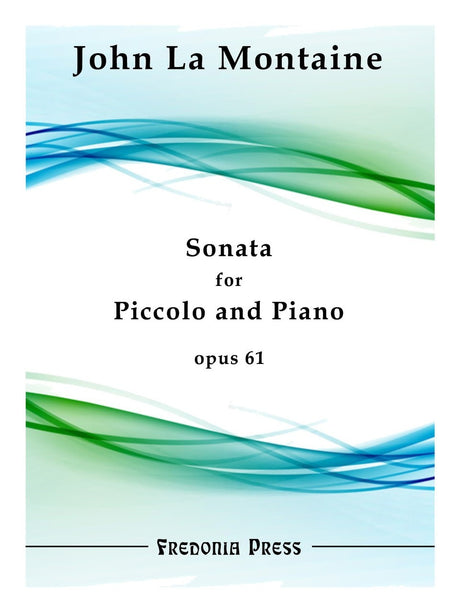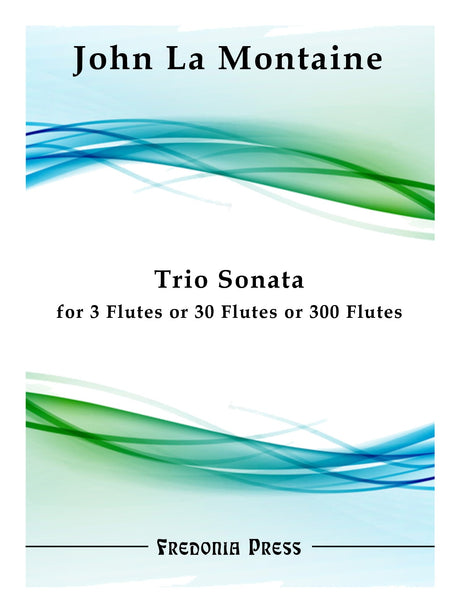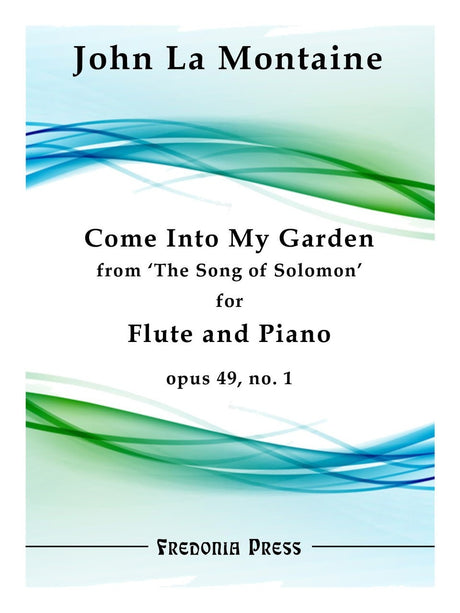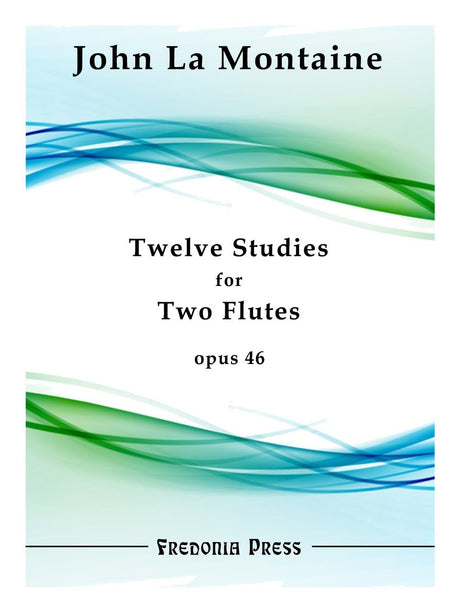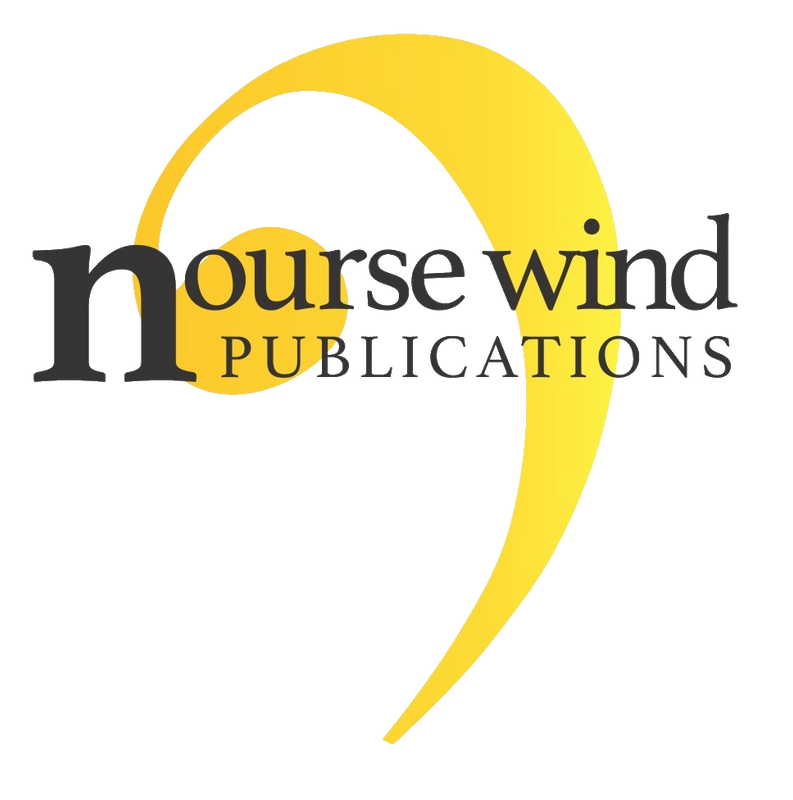La Montaine, John

John La Montaine (1920 - 2013)
Pulitzer Prize winning composer, John La Montaine, was a native of Chicago, Illinois. From the age of five, he was drawn to devote his life to composition—well before he had any formal training. Along the way toward that goal, he eventually became a superb pianist, and served with the NBC Symphony under Arturo Toscanini, who advised and encouraged the young composer.
The compositions of John La Montaine include a wide range of undertakings: symphonic, chamber ensemble, ballet, opera, choral and solo works. His influences are also wide-ranging: medieval, classical, romantic; modal, diatonic, dodecaphonic and serial; hymn, folk song, jazz and the sounds of nature. The highly varied scope of his creative palette has been awarded with admiration of critics and affection of a wide public.
Major orchestras that have performed La Montaine’s works include The National Symphony Orchestra, The Boston Symphony, The Philadelphia Orchestra, The Chicago Symphony, The New York Philharmonic, The Los Angeles Philharmonic, and the San Francisco, Cincinnati and Pittsburgh Symphony Orchestras.
The premieres of La Montaine’s three Christmas operas took place in the Washington Cathedral. The second of the operas, “The Shephardes Playe, Op.38,” was televised nationally by ABC. The Joffrey Ballet created the ballet “Nightwings” from the score “Birds of Paradise, Op. 34.” The “String Quartet, Op. 16” was awarded the Rheta Sosland Prize for Chamber Music. The “Wilderness Journal,” Symphony for Bass-Baritone, Organ and Orchestra, Op. 41, was commissioned by Mrs. Jouett Shouse and opened the second season at the Kennedy Center, to celebrate the dedication of the Filene Organ. Sarah Caldwell, with the Pittsburgh Symphony, and the Pennsylvania State University Choirs presented the premiere of the Bicentennial opera, “Be Glad Then America, Op. 43.” A documentary on the creation of the opera was televised nationally by PBS.
One of La Montaine’s earliest works, the “Concerto for Piano and Orchestra, Op. 9,” commissioned by the Ford Foundation, was awarded the Pulitzer Prize in 1959. Two Guggenheim fellowships followed, and commissions from the Koussevitzky Foundation, and the William Inglis Morse Trust for Music. Other honors include an award from The American Academy of Arts and Letters, accompanied by a grant to record his Piano Concerto, an Eastman School Distinguished Alumni Award, and an appointment to serve in 1962 as Composer-in-Residence at the American Academy in Rome. He also served for short periods of time at major educational institutions: Eastman School of Music, The University of Utah, North Texas State University, and Whittier College.
La Montaine’s composition teachers include Stella Roberts, Howard Hanson, Bernard Rogers, Bernard Wagenaar, and Nadia Boulanger.
In 1975, together with fellow-composer Paul J. Sifler, La Montaine founded Fredonia Press, for the purpose of publishing exclusively the works of the two composers.

